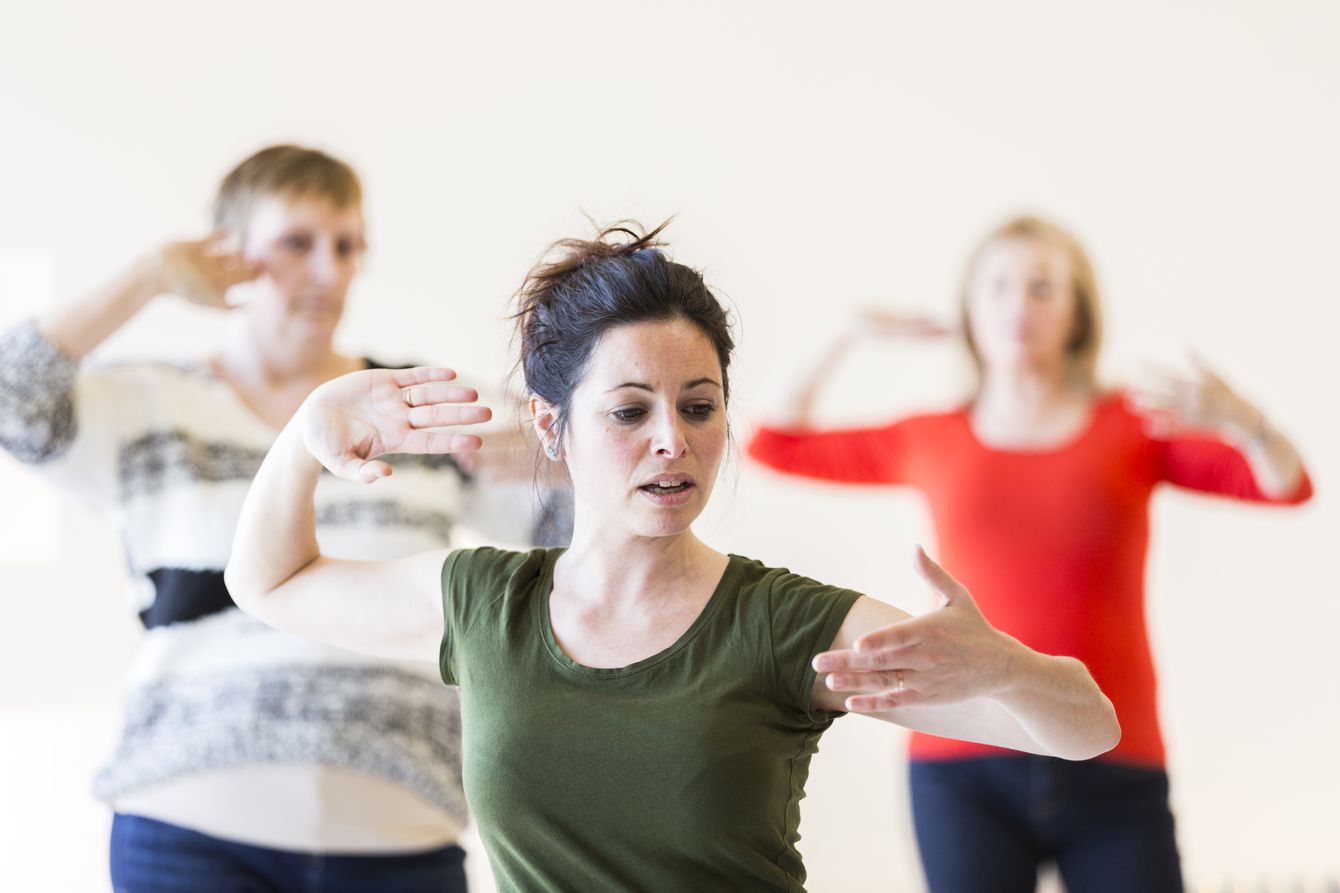Friday 27 June 2025
Temi Omooba
Monday 14 May 2018
A review of over 100 studies looking at different types of cancer, particularly breast, prostate and bowel cancers, has concluded that people who exercise after diagnosis have a better prognosis, less recurrence and fewer symptoms and side effects from treatment.
Even after participants different abilities, diagnoses and fitness levels were taken into account, the numbers remained convincing.
According to the study, those that exercised had less fatigue (tiredness), were less likely to be depressed and reported an increased quality of life. There was also evidence to suggest improvements in bone health, sexual function, bladder and bowel function and lower rates of anaemia and treatment-related side effects.
Additional effects included better sleep, better general physical and mental health, less lymphoedema (swelling of a limb) and improved self image.
Research is ongoing, but most importantly, exercise seems to improve physical fitness – which means you are more likely to be able to manage the treatments and complete them.
It is likely that exercises also helps the medicines move around the body better by improving circulation.
Exercise also creates changes within our body which boost the immune response and affect our stress mechanisms, increasing resistance and therefore creating a protective effect.
When dealing with a cancer diagnosis, exercise may be the last thing you feel like doing.
The good news is: you don’t have to become a body builder or run a marathon. It seems that building up to 2.5 hours (5 x 30 min sessions) of moderate, aerobic exercise per week is the aim.
Depending on your situation, this may still seem daunting to you, so the emphasis is on making small changes and building up to what is right and manageable for you.
Aerobic exercise is physical activity raises your heart rate and the amount of oxygen your body uses. It might make your breathing rate increase, but without causing distress, and it is something you can quickly recover from when you stop.
Resistance training a couple of times a week as part of your aerobic activity can be helpful. This involves using resistance to strengthen your muscles, such as dumbbells, exercise bands, your own body weight, bottles of water, or any other object that causes the muscles to contract.
Exercise is much broader than just running or going to the gym – it is relative to you your fitness level, and it can be whatever you can manage and enjoy.
The more you enjoy it, the more you are likely to do it regularly, and the more benefit you will gain. Your exercise may be walking to the local shop or to the other side of the room, doing the housework, some gardening, or some gentle stretching in your chair.
It is important not to overdo it. You can talk with your doctor or specialist nurse about exercise you could benefit from or should perhaps avoid, but as a general rule, exercise shouldn’t hurt or leave you out of breath.
You can read the study on The impact of exercise on cancer prognosis, recurrence and treatment-related side effects for more information.

A tai chi session at a Maggie's centre
Every Maggie's centre offers a range of physical activity sessions, including walking, Nordic walking, gentle exercise, yoga, tai-chi and gardening.
The sessions are free and run by qualified instructors. One of our cancer support specialists will help you to work out which is the right activity for you.
You don't need an appoint to speak to a cancer support specialist. Find your nearest Maggie's centre and just come in.
Some gyms also offer specific exercise classes for those who have been unwell. If you are based around West Sussex, you can find out about the local exercise programme run by our friends at Cancer United Fitter, designed for people with cancer.
Blog created June 2017 by Cancer Support Specialist, Robyn Volkers. Updated in December 2023
Last review: Dec 2023 | Next review: Dec 2024
To find your nearest Maggie's centre, enter your postcode or town below.
Stay up to date with our news and fundraising by signing up for our newsletter.
Sign up